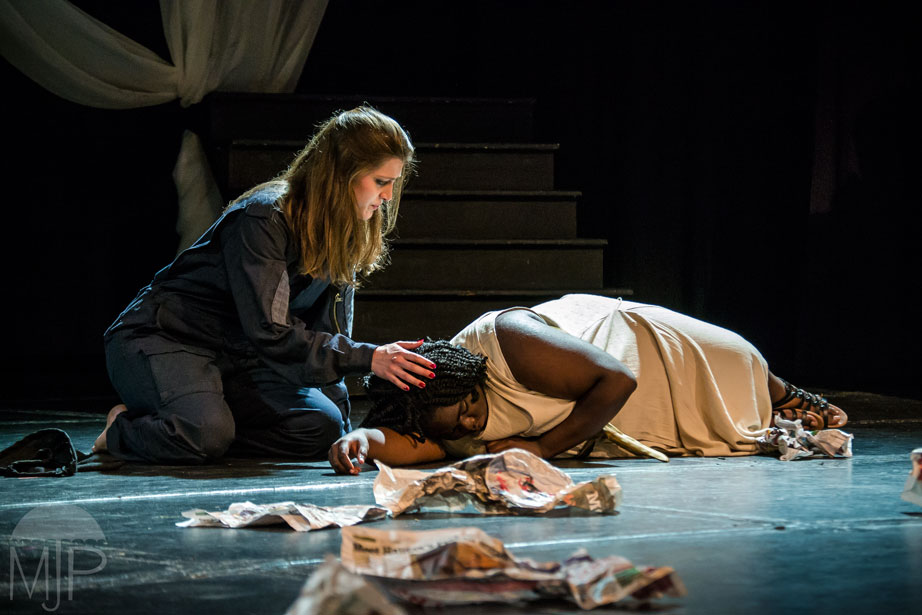
Giulio Cesare in Egitto by G.F. Handel
Giulio Cesare in Egitto , the most popular and frequently-performed of Handel’s operas, will be presented by the Halifax Summer

Giulio Cesare in Egitto , the most popular and frequently-performed of Handel’s operas, will be presented by the Halifax Summer
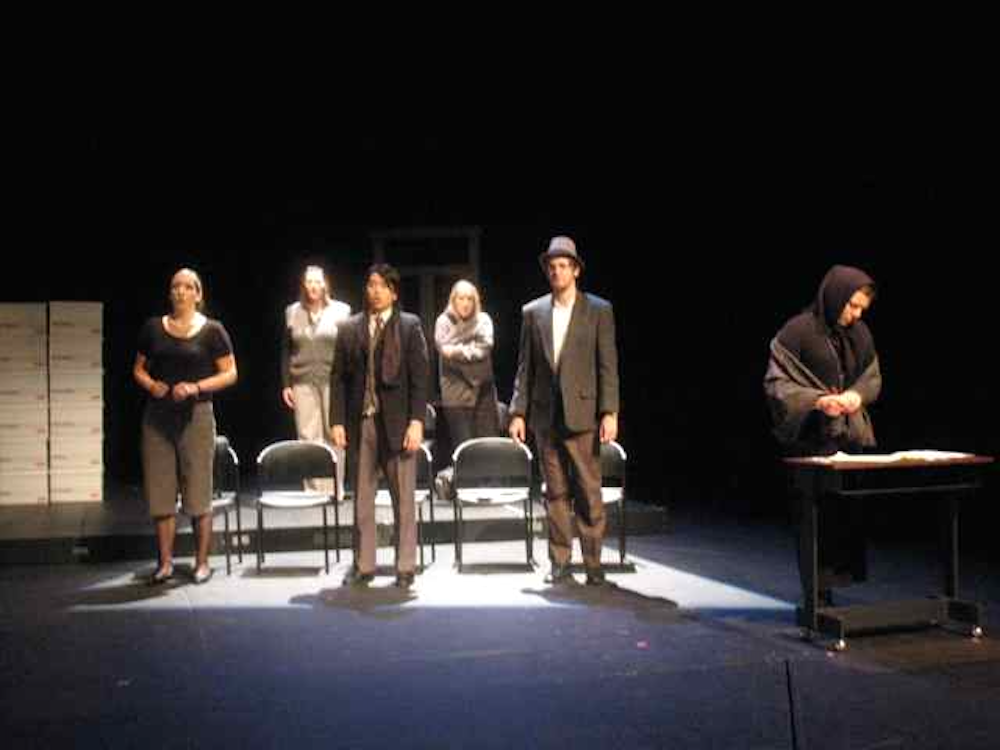
One of the works the Halifax Summer Opera Festival will stage and perform in 2024 is The Consul, a brilliant
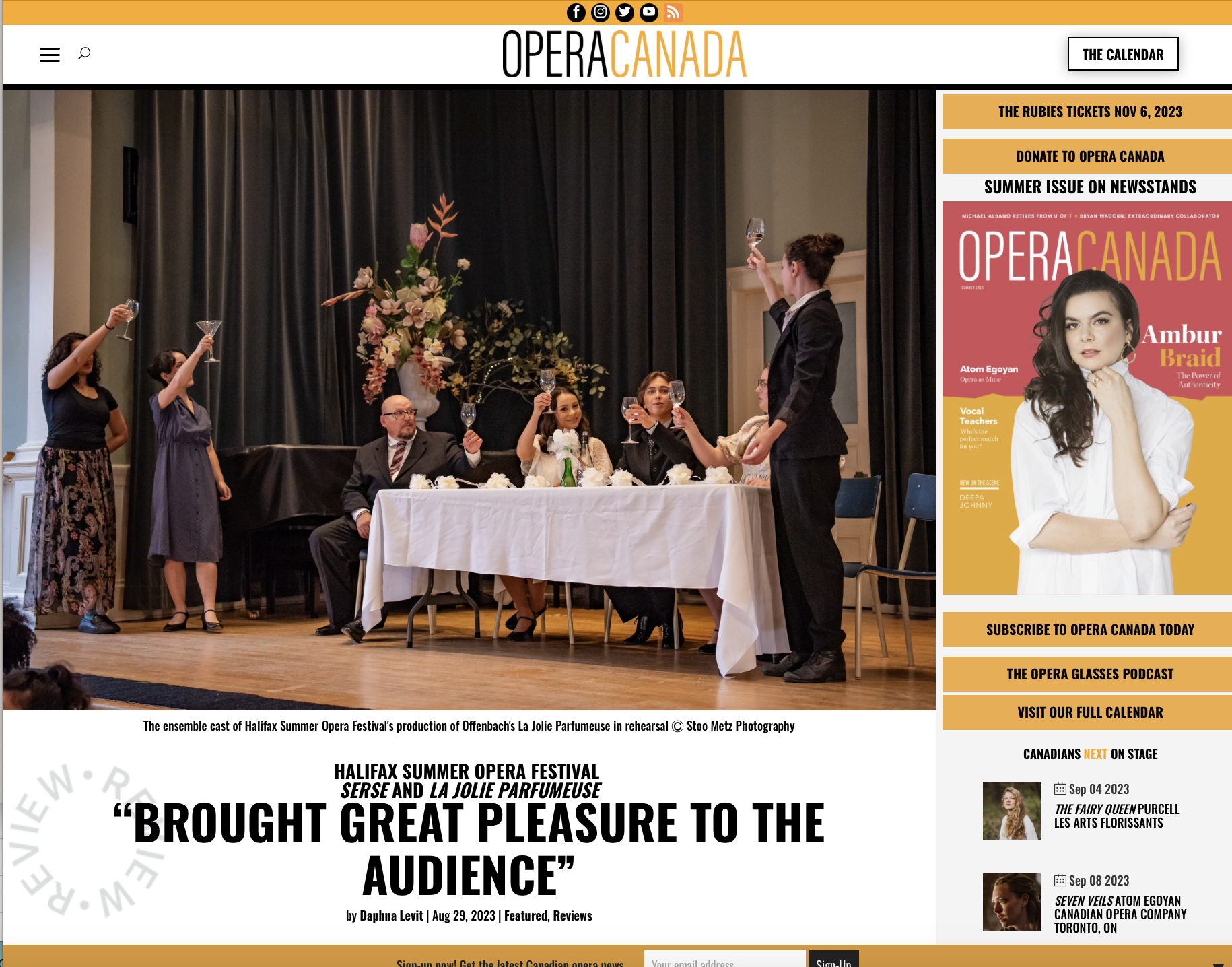
Read the entire review “This summer, in its 17th season, Halifax Summer Opera Festival brought enthusiastic young singers to town again to
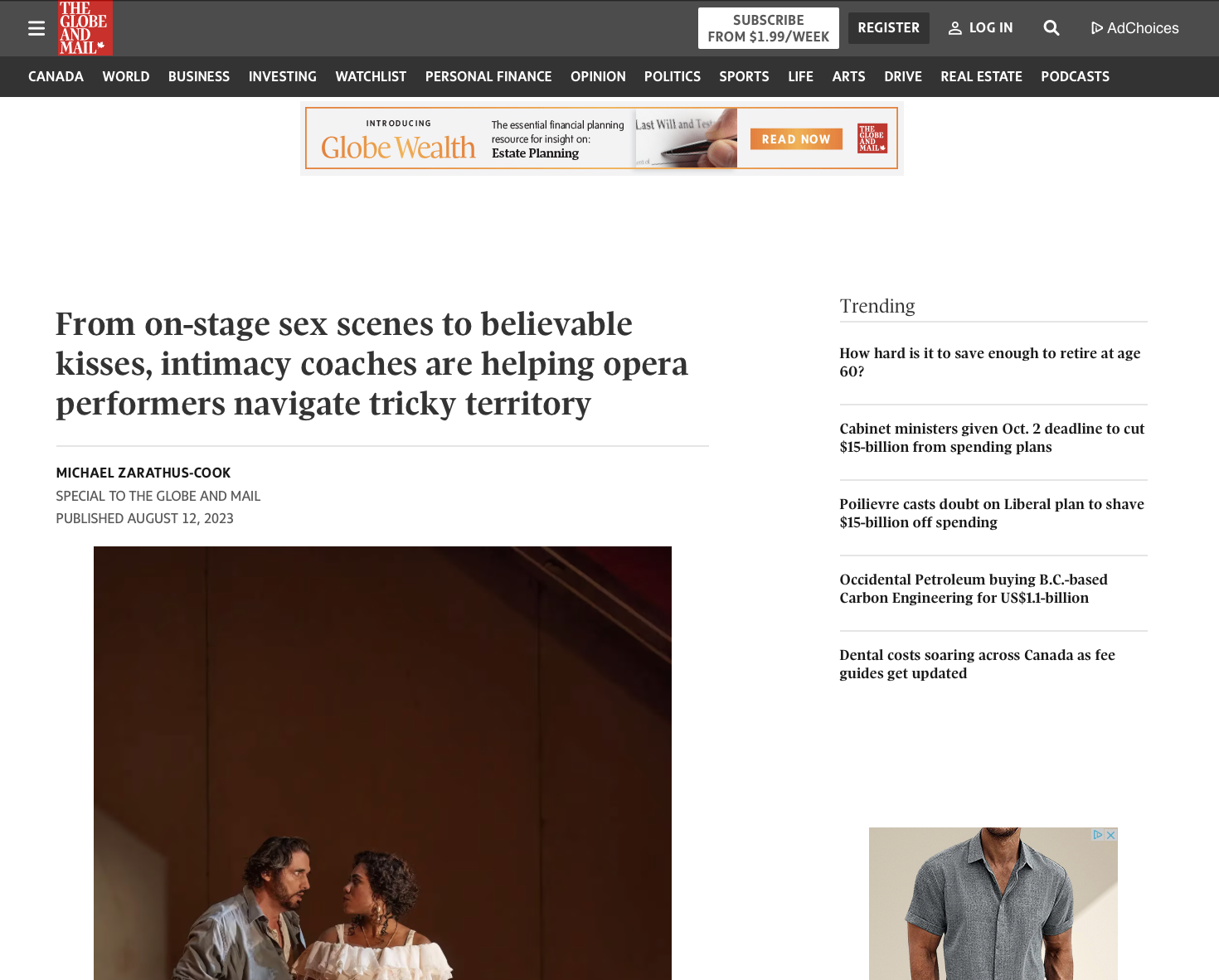
From on-stage sex scenes to believable kisses, intimacy coaches are helping opera performers navigate tricky territory Published August 12, 2023
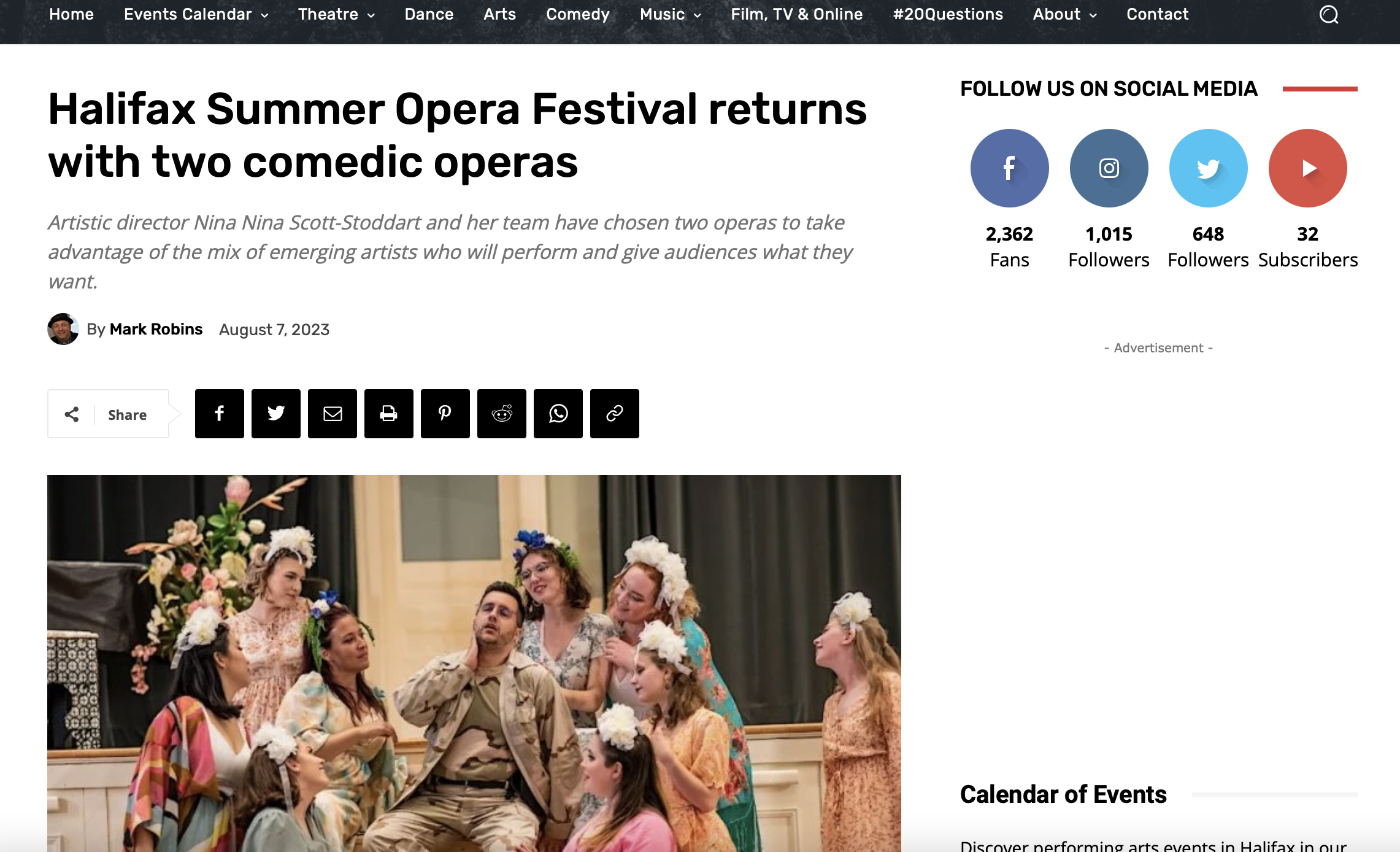
We’d like to thank Mark Robins for his interview with Artistic Director Nina Scott-Stoddart about the 2023 season. “Scott-Stoddart also

Tickets are now on sale at Eventbrite for all tickets HSOF events! General Admission tickets will be $35 at the
